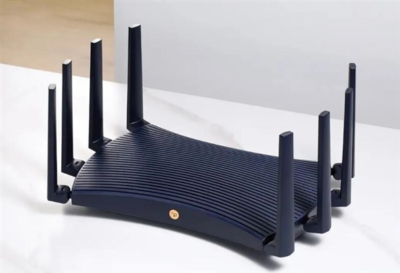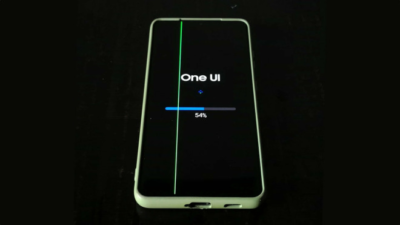Intel’s 5G In Notebook via M.2 Slot Is Not Completed Yet

In the run-up to the Computex trade fair, which is taking place virtually this year, Intel presented its solution for easily equipping notebooks with 5G connections. So the group is not completely out of the modem business yet.
The new Intel 5G Solution 5000 is the first finished product from the cooperation between Intel and MediaTek, which was agreed in 2019. It could have been a little faster here. However, the blow that Qualcomm dealt Intel’s modem business through its new friendship with Apple some time ago was so severe that the company first had to rearrange itself for a long time.
Read More: Intel Releases Windows 10 Graphics Driver Beta Update
The now introduced Intel 5G Solution 5000 is in the form factor of an M.2 board, as it is usually used for SSDs to be integrated into notebooks. The standardized interface can, however, be used for a much wider range of applications. However, it should hardly be possible for notebook owners to easily expand an existing system with a 5G module. Because for proper connections to the cellular network, an antenna system is required, which is better built into the notebook in advance. Especially with the now almost common aluminum housings, more has to be done than just installing a modem.
The fastest 5G speeds are not included
Another problem for many users is the limited coverage of the 5G specifications. Corresponding notebooks are likely to be used in urban areas to a not insignificant extent. It is a shame that the modem does not support mmWave connections, which can provide maximum bandwidths in cities. Instead, you can only use 5G connections below 6 GHz. Support for the older LTE and 3G / WCDMA standards is at least also available.
Read This: Intel CEO Confirms Completion Of Tape-in 7nm Meteor Lake Chip
The fact that the Intel 5G Solution 5000 has now been officially presented should not change the fact that the chip company itself has largely withdrawn from the development and production of such systems. Instead, Intel and MediaTek have brought the company Fibocom on board, which not only made important contributions to the certification for the network operators and the state authorities, it also takes care of the production of the modules itself. Acer, Asus, and HP have already announced notebooks to equip with the product.
RS News or Research Snipers focuses on technology news with a special focus on mobile technology, tech companies, and the latest trends in the technology industry. RS news has vast experience in covering the latest stories in technology.











